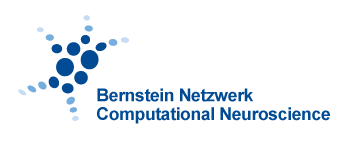Control theory approaches for analysing, modeling, and manipulating brain activity and cognitive function
Organizers
Luca Mazzucato | University of Oregon, Eugene, USA
Dmitri Chklovskii | Flatiron Institute, New York City, USA
Samir Suweis | University of Padua, Italy
Room
1.104
Abstract
Current neurotechnology enables artificial perturbations of single neurons in awake animals. Advancing this promising avenue to achieve targeted manipulation of brain activity will be a stepping stone in developing new brain-computer interfaces (BCIs) to ameliorate cognitive dysfunctions, such as in deep brain stimulation for Parkinson’s disease, post-traumatic stress disorder, obsessive-compulsive disorder, treatment-resistant depression, and addiction. However, most procedures apply open-loop stimulations blindly to the specific properties of the stimulated neurons. A major theoretical obstacle is that, although artificial perturbations can affect behavior and task performance, it is not known how to predict and model their effects, as current approaches are based on inefficient trial-and-error procedures. We identify control theory as a promising approach to address these pressing challenges and bridge from theoretical modeling to neural engineering to translational applications. At the same time, we believe that control theory could provide a principled approach to analyze and understand how information is processed and transmitted in the brain to enable perception, cognition, and action. Control theory could provide a novel and principled approach to understanding the precise input/output relationships of cortical circuits dynamics and function from the lenses of perturbations or multi-area interaction. In this workshop, we will bring together leading experts in control theory and perturbation approaches to brain circuits at different levels of description, from non-invasive whole brain dynamics in humans to invasive approaches in animal models. Our goal is to identify outstanding challenges and share methods from different backgrounds to chart a path forward for the future applications of brain controllability, bringing together perspectives from dynamical systems theory, control theory, and information theory.




